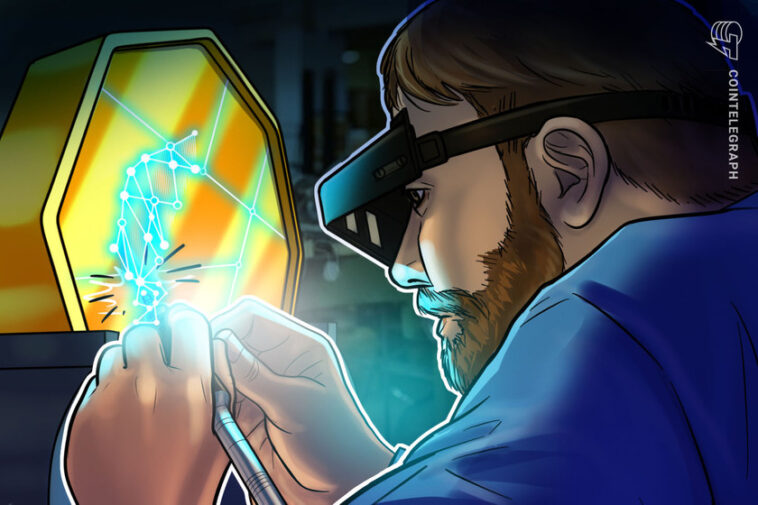With legal troubles seemingly behind the company, Block.one could set its sights on finally making a significant dent in the crypto and blockchain space.
EOSIO developer Block.one says it is focusing on its crypto business mandate after recently settling a class action lawsuit.
In a blog post published on Friday, the blockchain software firm announced a settlement agreement with a group of investors led by the Crypto Assets Opportunity Fund related to the 2018 EOS initial coin offering.
If approved by the court, Block.one will settle for $27.5 million, a figure similar to the fine remitted by the company to the United States Securities and Exchange Commission back in October 2019.
The EOS ICO that raked in over $4 billion has been the subject of some controversy with allegations that tokens were sold to U.S. investors. Some participants have also alleged that Block.one deceived investors with false and misleading statements.
Commenting on the settlement, Block.one stated:
“Block.one believes this lawsuit was without merit and filled with numerous inaccuracies. However, accepting this settlement allows us to focus more time and energy on running our business and delivering new products.”
Indeed, the company recently announced plans to launch Bullish Global — a tech subsidiary that aims to bridge the traditional and digital asset spaces. As previously reported by Cointelegraph, Block.one has raised $10 billion to establish the tech subsidiary with plans to launch a hybrid cryptocurrency exchange platform.
Related: Block.one secures funding for $10B EOS-based crypto exchange platform
Block.one’s latest venture has attracted support from major players like Galaxy Digital’s Mike Novogratz and serial investor Peter Thiel. Hedge fund managers like Louis Bacon and Alan Howard also participated in raising $300 million for Bullish Global.
Such is the extent of Block.one’s pivot to this new venture that the company reportedly sunk its Bitcoin (BTC) holdings — about 164,000 BTC valued at $9 billion at the time — into the new company. The EOSIO developer also coughed up another $100 million cash injection as well as 20 million EOS tokens.





 BTC-USD
BTC-USD  ETH-USD
ETH-USD  LTC-USD
LTC-USD  XRP-USD
XRP-USD